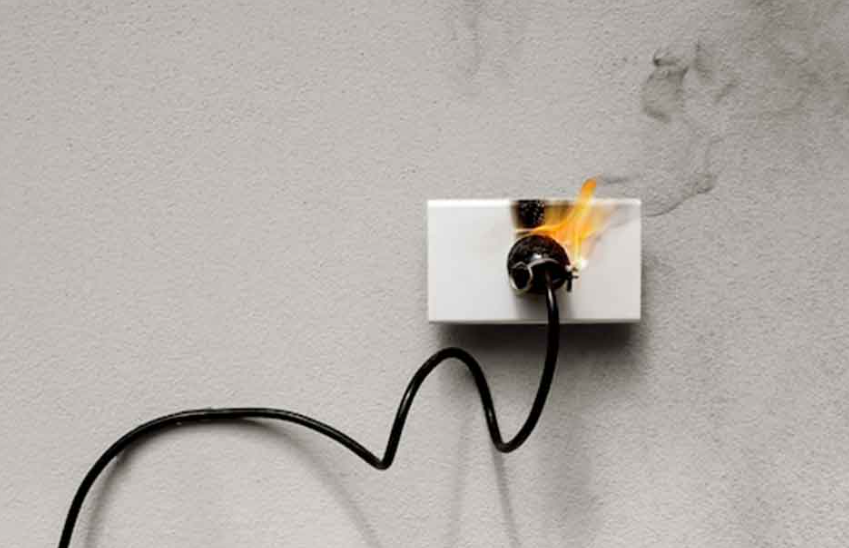How to Spot Electrical Problems Before They Cost You Big
Electrical issues can be costly and disruptive if not addressed promptly. For businesses and property owners, identifying signs of potential electrical problems early can save thousands in repair costs and downtime. Knowing what to look for allows you to take action before minor issues turn into major ones. This guide will help you identify potential electrical hazards and prevent them from impacting your business operations or safety.
Common Signs of Electrical Problems
Paying attention to the warning signs of electrical trouble is the first step in preventing costly damage. Here are some key indicators to watch for:
Frequent Circuit Breaker Tripping
Circuit breakers are designed to trip as a safety measure when an electrical circuit is overloaded. However, frequent tripping could indicate a serious issue, such as faulty wiring, an outdated panel, or overuse of power in a single area. Ignoring the problem may increase the risk of equipment damage or electrical fires.
See also: Top 10 Emerging Technologies That Will Shape the Future
Flickering or Dimming Lights
Lights that flicker or dim unexpectedly often point to an overloaded circuit or loose connections. While this might seem like a minor inconvenience, it can result in further damage to your electrical system or sensitive equipment.
Unusual Burning Odors
A burning smell originating near outlets or wiring is a clear sign of overheating or electrical malfunction. This could be due to faulty wiring, overloaded outlets, or overheating components. If you notice an odor, turn off the affected devices immediately and contact a licensed electrician.
Outlets That Feel Warm to the Touch
Outlets and switches in your facility should not generate heat. If they feel warm to the touch, it could indicate loose wiring or an overloaded circuit. Left unchecked, this can lead to electrical fires or complete system failure.
Buzzing Noises Near Outlets or Fixtures
Electrical systems should operate silently. Buzzing, humming, or crackling sounds near outlets, switches, or appliances may signal loose wiring or failing components. This is not a normal occurrence and requires immediate attention.
Reasons Behind Electrical Issues
Understanding what causes these issues can help you implement preventative measures. Here are some common reasons:
Aging Electrical Systems
Older buildings and commercial spaces often have outdated wiring and panels that were designed for lower electricity demands. With modern equipment and devices in use, these systems may struggle to meet the required load, leading to frequent malfunctions.
Overloaded Circuits
Plugging too many devices into a single circuit can push it beyond its capacity. Overloaded circuits generate more heat than they can safely handle, causing breakers to trip or wires to overheat.
Poor Installation Practices
Faulty installations can create problems over time. Whether it’s ungrounded outlets, improper panel wiring, or the use of poor-quality materials, substandard electrical work compromises performance and safety.
Environmental Factors
External elements like moisture, rodents, or temperature fluctuations can damage wiring and electrical components. Mold and water exposure can corrode systems, while pests may chew through insulation, exposing live wires.
Steps to Prevent Electrical Problems
Taking proactive steps to maintain your system can significantly reduce the risk of electrical troubles. Here’s what you can do:
Schedule Regular Inspections
The most effective way to prevent costly electrical problems is to schedule routine inspections by a professional. Inspectors can identify wear and tear, outdated components, and other risks before they escalate.
Upgrade Outdated Systems
If your building’s electrical setup is aging, it may be time to consider updates. Modern electrical systems are designed for higher efficiency, safety, and load capacity, making upgrades both a safety and cost-saving investment.
Balance Electrical Loads
Ensure that power usage is distributed evenly across circuits. Overloading specific areas causes excessive strain that could lead to overheating or damage over time. An electrician can assess your system and recommend changes to maintain proper balance.
Invest in Surge Protection
Power surges can damage expensive equipment and infrastructure. Using surge protectors adds an extra layer of defense and makes your system more resilient during unforeseen events like storms or grid fluctuations.
Educate Employees or Staff
Train those using your electrical systems to recognize early signs of trouble. Simple steps like identifying when a breaker trips frequently or spotting damaged cords can make a significant difference in preventing larger failures.
When to Call a Professional
Although some issues can be managed with basic maintenance, most electrical problems require a professional assessment. Contacting experts in commercial electric services in Michigan, for instance, is a smart choice to ensure your system is repaired and maintained appropriately. Licensed electricians have the expertise to diagnose problems, perform upgrades, and keep your system in compliance with safety regulations.






